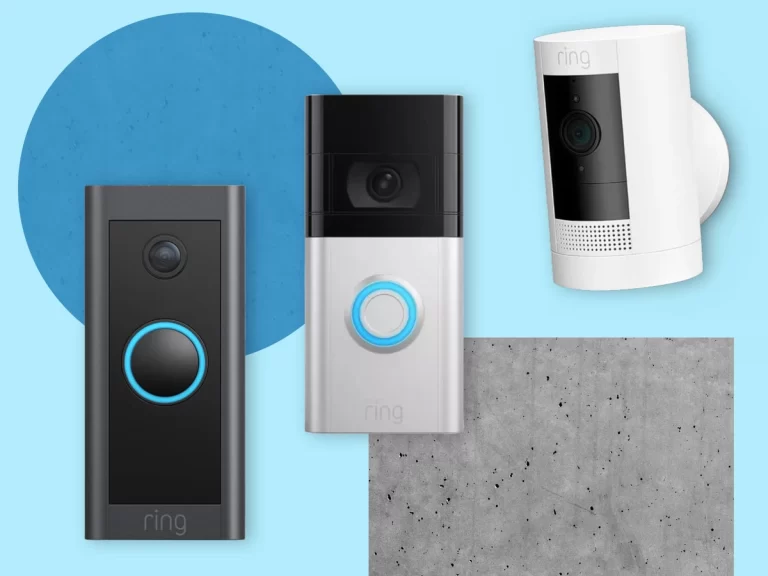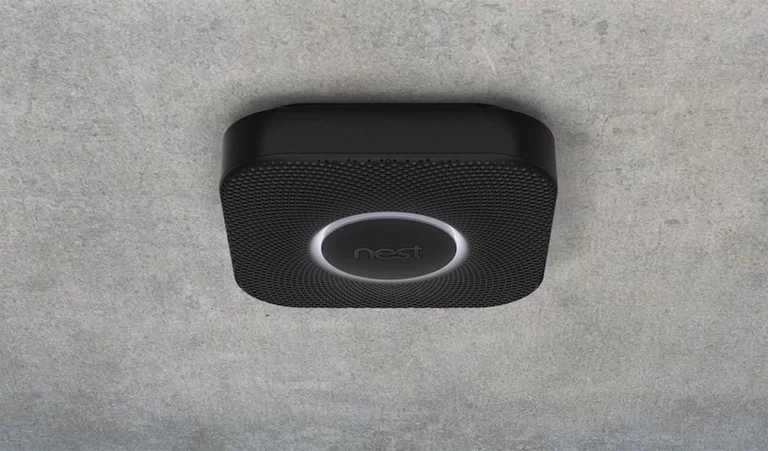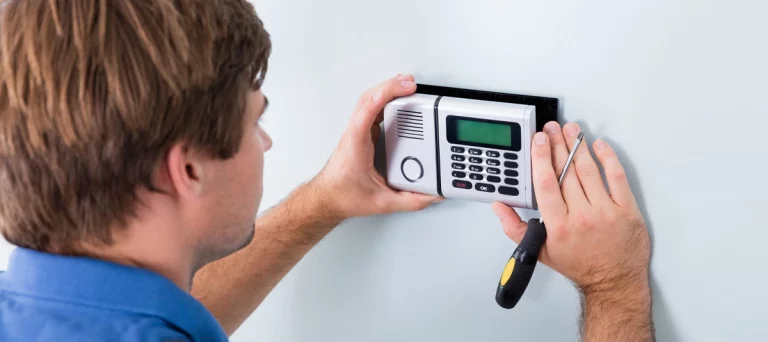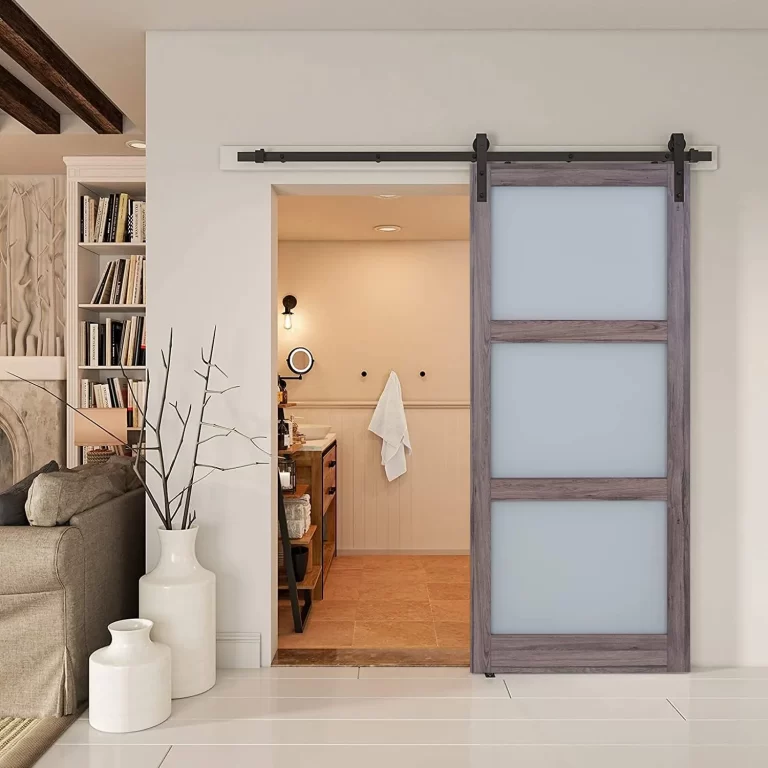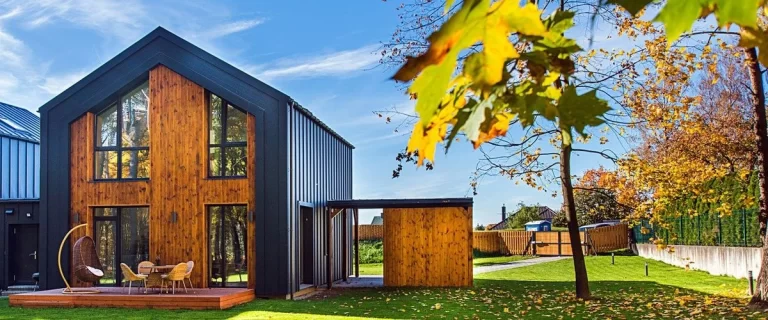What Kind of Lock is Best for a Sliding Door?
What kind of lock is best for a sliding door? As homeowners, we all strive to create a safe and secure environment for ourselves and our loved ones. One area of concern that often arises is the security of sliding doors.
With their large glass panels and unique mechanics, sliding doors can present vulnerabilities that burglars may exploit.
In this article, we will delve into the inner workings of sliding doors, explore common methods employed by burglars, and ultimately provide valuable insights on the best lock options to strengthen your sliding door security.
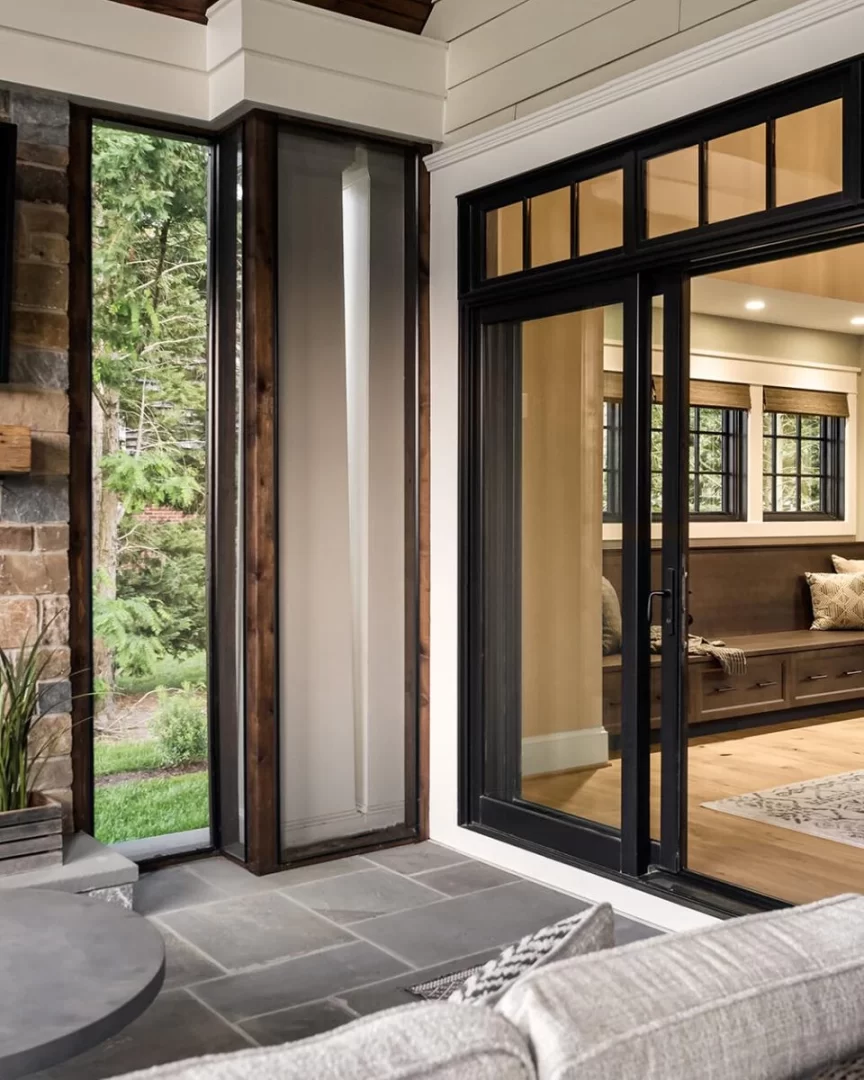
How Does a Sliding Door Work?
Sliding doors, also known as patio doors or glass doors, are designed to seamlessly connect indoor and outdoor spaces, providing abundant natural light and easy access.
They consist of two or more panels, with at least one panel that glides horizontally along a track. The sliding mechanism enables smooth opening and closing, making them a popular choice for both residential and commercial settings.
What Kind of Lock Is Best for a Sliding Door?
When it comes to securing sliding doors, selecting the right lock is crucial. Here are some of the best lock options to consider:
1. Keyed Locks:
Keyed locks offer a traditional and reliable solution for sliding door security. These locks require a key to lock and unlock the door, providing a physical barrier against unauthorized entry.
Keyed locks are available in various configurations, including single-cylinder and double-cylinder locks.
Single-cylinder locks can be operated from the inside with a thumb turn, while double-cylinder locks require a key for both sides.
2. Pin Locks:
Pin locks are simple yet effective devices that prevent sliding doors from being forcibly opened.
These locks are installed in the frame track and act as a physical stopper, preventing the door from sliding open. Pin locks are easy to install and offer an additional layer of security.
3. Security Bars:
Security bars, also known as sliding door braces or door jammers, are robust metal bars that are placed across the sliding door track.
These bars provide a physical barrier, preventing the door from being forced open. Security bars are adjustable and can be easily removed when the door needs to be opened fully.
4. Auxiliary Locks: Auxiliary locks are supplementary devices that can be installed alongside the existing lock system of a sliding door.
Examples include loop locks, track locks, and foot-operated locks. These locks add an extra level of security, making it more challenging for burglars to gain unauthorized access.
READ ALSO!!!
- What Type of Front Door Lock is the Most Secure?
- Which Lock is Safe for the Main Door?
- Do Front Doors Need Two Locks?
- How Do You Burglar Proof a House?
Which Lock Is Best for a Sliding Door?
The best lock for your sliding door ultimately depends on your specific needs and preferences. Consider the following factors when choosing a lock:
1. Security Level: Assess the level of security you require. If you live in an area with a higher risk of break-ins, a combination of multiple locks, such as a keyed lock and a security bar, may be the most suitable option.
2. Convenience and Ease of Use: Ensure the lock you choose is easy to operate and aligns with your lifestyle. Keyed locks provide strong security but require a key for locking and unlocking, while pin locks and security bars offer simpler operations.
3. Aesthetics: Consider the visual impact of the lock on your sliding door. Some locks are more discreet and blend seamlessly with the overall design, while others may be more visible but offer a visible deterrent to potential intruders.
How Can I Make My Sliding Door Safer?
In addition to selecting the appropriate lock, here are some additional tips to enhance the safety of your sliding door:
1. Install a security film: Applying a security film to the glass panels of your sliding door can reinforce them, making them more resistant to breakage.
2. Increase visibility: Ensure the area around your sliding door is well-lit, eliminating potential hiding spots for intruders. Motion-activated lights can be particularly effective in deterring burglars.
3. Maintain the surrounding landscape: Trim any shrubs or trees near the sliding door that could provide cover for unauthorized individuals attempting to gain access.
4. Consider an alarm system: Integrating your sliding door into a home security system can provide an added layer of protection. Motion sensors and door/window sensors can detect any unauthorized attempts to open the door.
Can a Sliding Door Have a Key Lock?
Absolutely, sliding doors can be equipped with keyed locks. These locks add an extra layer of security by requiring a key to lock and unlock the door.
How Do Burglars Open Sliding Doors?
Burglars often exploit vulnerabilities like poorly secured locks or flimsy glass. Neglected locks, poor visibility, and hidden locations also aid their efforts.
Preventive measures include using robust locks, applying security film, reinforcing frames, ensuring proper lighting, landscaping, and installing security systems to deter break-ins through sliding doors.
Can You Put a Deadbolt on a Sliding Door?
Yes, deadbolts can be installed on sliding doors. However, it’s crucial to select a deadbolt designed specifically for sliding doors to ensure proper functionality and security.
How Do You Lock a Sliding Door Without a Lock?
If your sliding door doesn’t have a built-in lock, you can consider using a security bar, a broomstick, or even a wooden dowel in the track to prevent the door from sliding open.
Can You Lock Sliding Bedroom Doors?
Yes, sliding bedroom doors can be locked. Depending on the type of sliding door, you can install locks such as loop locks, keyed locks, or mortise locks.
These locks provide security and privacy for bedrooms, ensuring that you can control access to the space as needed.
It’s important to choose a lock that suits your door’s design and your security requirements while enhancing the overall safety of your living environment.
How Does a Sliding Gate Lock Work?
Sliding gate locks operate similarly to sliding door locks. They are designed to secure gates on a track, often using mechanisms like padlocks or locking bolts.
When engaged, the lock prevents the gate from sliding open along its track.
Some sliding gate locks may also include key-operated or combination locks, enhancing security.
These locks are essential for safeguarding driveways, entrances, and other access points, offering both convenience and protection against unwanted access to your property.
Are There Smart Locks for Sliding Doors?
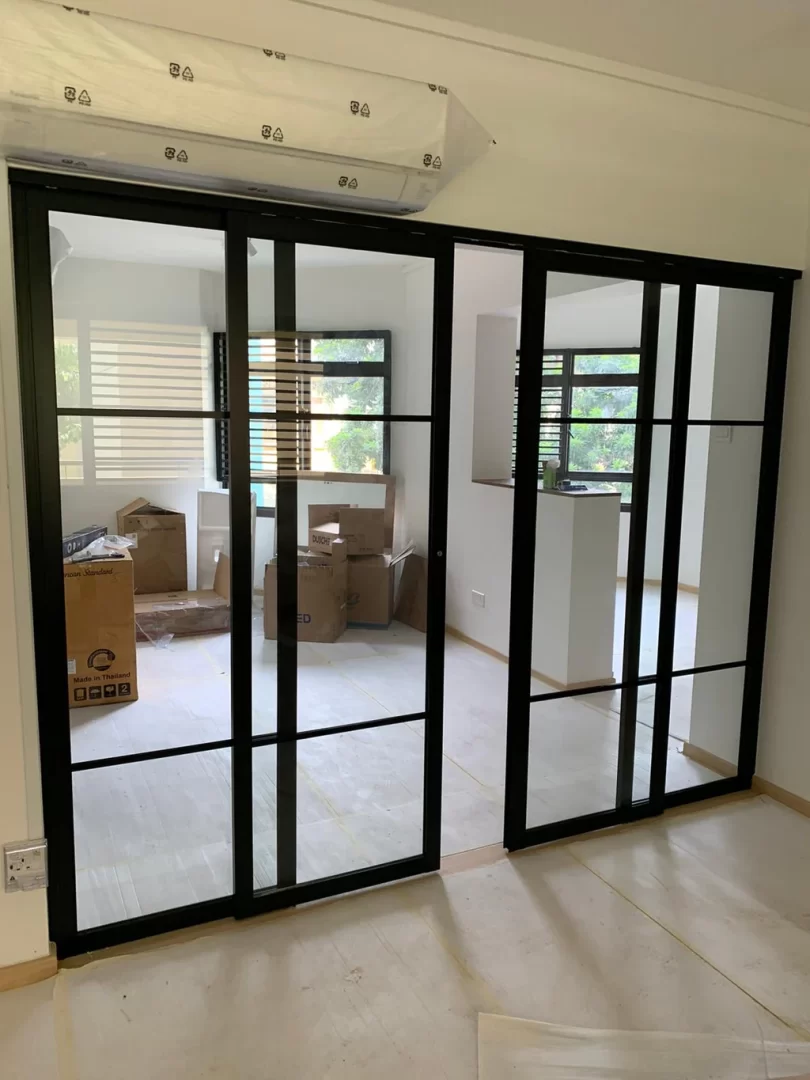
Yes, smart locks are available for sliding doors as well. These locks can be controlled remotely through your smartphone, offering convenience and an extra layer of security.
Smart locks for sliding doors can be controlled remotely using smartphones or other connected devices.
They often provide options for keyless entry through features like fingerprint recognition, numeric codes, or even facial recognition, making access hassle-free while enhancing the security of your home.
These smart locks can also integrate with home automation systems, allowing you to monitor and manage your sliding doors’ security status from anywhere, adding an extra layer of convenience and peace of mind.
Conclusion
Sliding doors offer a beautiful and functional addition to any home, but it’s essential to prioritize their security.
By understanding how sliding doors work, being aware of common burglary methods, and selecting the right lock for your sliding door, you can greatly enhance the safety and peace of mind within your home.
Remember to evaluate your specific needs and preferences, and consider consulting with a security professional for personalized advice.
With the right measures in place, you can enjoy the benefits of your sliding door while keeping intruders at bay.
READ ALSO!!!

